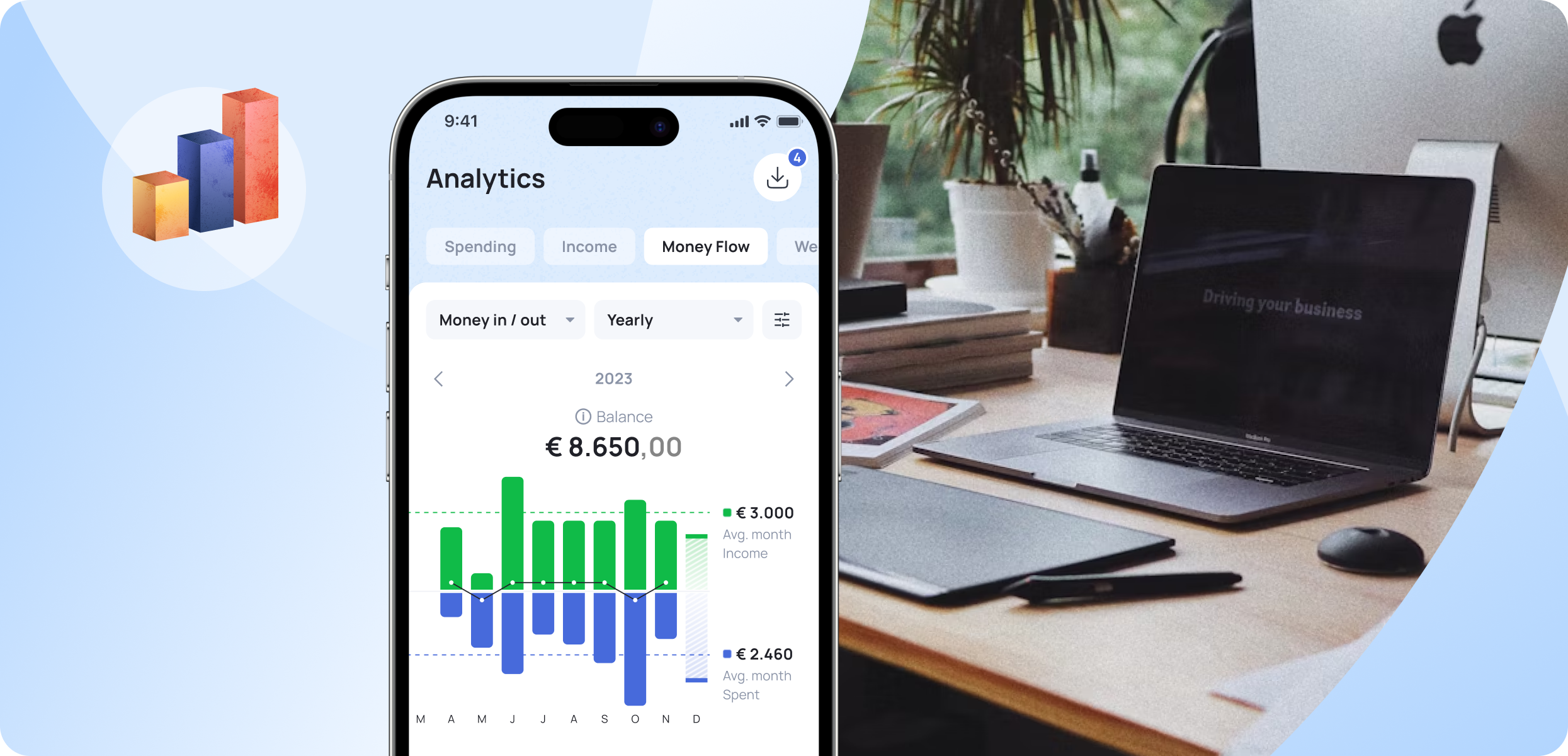🏠 Take Out a New Mortgage
Many people have student debt and a mortgage. Consider paying off your student loan faster to save on interest in the long term. As for your mortgage, switching to a different lender could be beneficial—especially if your current interest rate is 2–3% points higher than current rates. While you may face a transfer fee, the long-term savings could still outweigh the initial cost.
Car Costs
For many, a car is the primary mode of transportation, but it is also a major expense. Regularly compare car insurance policies to ensure you have the right coverage. Insuring an older car with an all-risk policy may not be worth the cost.
Think twice before using your car out of convenience – taking your bike or public transport instead saves on fuel, parking costs, and even helps you stay active.
Looking for a new car? Consider a smaller or older model. These are generally cheaper to buy, insure and also incur lower road tax
📲 Switch to a Cheaper Phone Plan
Review your phone plan regularly. Do you really need that much data, or are you paying for more than you use? Perhaps it is time to switch to a cheaper plan. Conversely, if you keep exceeding your data limit, a larger bundle may be more cost-effective.
The biggest savings come from keeping your current phone longer rather than upgrading to the latest model. This can save you tens of euros per month—or hundreds per year.
Shower Time 🚿
A modern showerhead can use about 15 liters of water per minute. Try timing your showers—you may be surprised at how much water you use unnecessarily. Cutting your shower time from 9 minutes to 5 minutes can save around €140 per year and is better for the environment. Investing in a water-saving showerhead, which uses just 5 liters per minute, is another great way to cut costs.
Groceries 🛒
Do you shop for groceries daily, perhaps after a long workday? This habit often leads to unnecessary spending. When tired and hungry, you are less likely to choose the healthiest or cheapest options.
Instead, plan your grocery trips. Avoid shopping on an empty stomach and prepare a list to ensure you only buy what you need. Buying groceries for the entire week reduces unnecessary spending and prevents impulse purchases.
Also read: Money-saving tips for groceries
Compare Insurance Policies
Insurance rates change every year. Reviewing your policies annually can help you determine whether switching providers could save you money. Also, check if you are overinsured — many people unknowingly pay for coverage they do not need. For example, do you have a travel insurance policy but never go on vacation? Cancel it. Bundling all your insurance policies with one provider often earns you a discount. Use comparison tools to find the best deals.
🗞️ Memberships
Still subscribed to a magazine, newspaper, or streaming service you rarely use? You are not the only one. The average person has about eight subscriptions, including gym memberships, magazines, lotteries, and streaming services. Many people forget about automatic payments and unknowingly spend money on unused subscriptions. Regularly reviewing and canceling unused subscriptions can free up a significant amount of money.
Energy Consumption 🔋
Be mindful of your energy usage. Turn off unnecessary lights and only run your washing machine and dishwasher when they are full. Though simple, these actions can save money over time. Make sure to fully switch off devices instead of leaving them on standby, as standby mode still consumes energy.
For extra savings: unplug devices when not in use or when fully charged.
Additionally, consider making your home more energy-efficient. While large projects like solar panels yield the most savings, smaller changes can also help:
- Draft Strips. Seal windows and doors to keep the cold out, reducing heating costs.
- LED Lighting. Cheaper and longer-lasting than traditional bulbs.
- Thermostat Settings. Lowering the temperature by 2–3 degrees when you are not home can save money without making your home uncomfortably cold. Avoid lowering it too much, as reheating your home from a very low temperature can use more energy.
Take Control of Your Fixed Expenses 👛
The tips above can help you reduce fixed expenses significantly. Start by figuring out how much you spend each month on these costs. Once you have a clear picture, you can start saving—and spend the extra money on the fun things in life.
Grassfeld’s free app makes this process easier. Within minutes, you can create an account and link your bank account. The app automatically categorizes your expenses, showing you exactly where your money goes. Use it to implement the tips above and start saving today!
Download the app now from your app store.





















